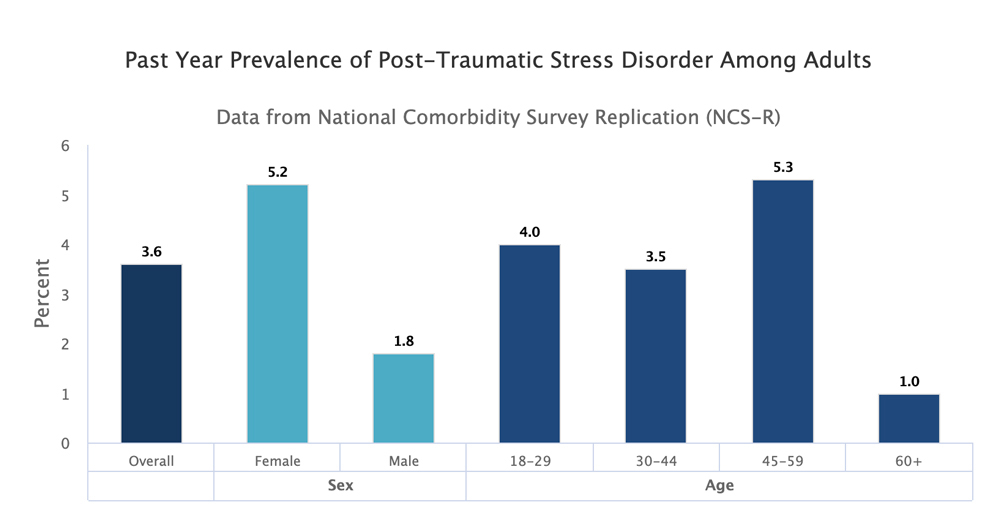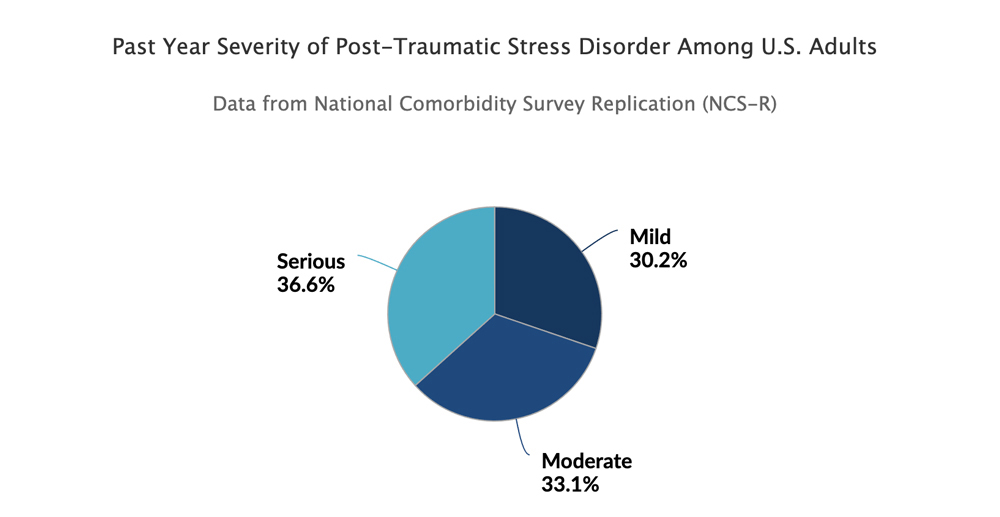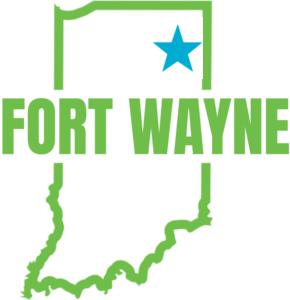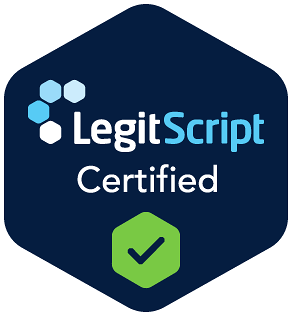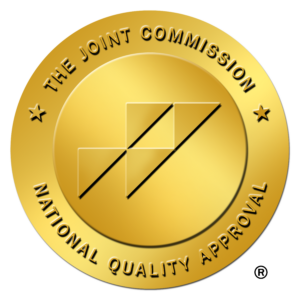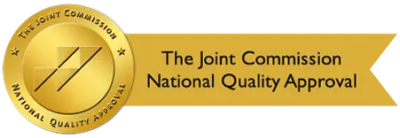Unmasking the PTSD Epidemic in Young Adults
Unmasking the PTSD Epidemic in Young Adults
The Silent Suffering of a Generation
Unmasking the PTSD Epidemic in Young Adults
Post-Traumatic Stress Disorder (PTSD) is not just a soldier’s burden; it’s a widespread and often invisible affliction that can affect anyone who has experienced a traumatic event. In recent years, an alarming rise in PTSD diagnoses among young adults has revealed a silent epidemic, one that is stealing futures and casting a shadow over an entire generation. This comprehensive exploration will delve into the scope of the crisis, the unique challenges faced by young adults with PTSD, the root causes of this disorder, its devastating impact on individuals and society, and the promising treatments and resources available to those in need.
3.6%
3.6%
This translates to millions of young people silently battling the disruptive symptoms of PTSD, including:
- Flashbacks: Vivid, intrusive memories of the traumatic event.
- Nightmares: Disturbing dreams related to the trauma.
- Hypervigilance: A heightened state of awareness and anxiety.
- Emotional numbing: Feeling detached or emotionally numb.
- Avoidance behaviors: Avoiding people, places, or activities that remind them of the trauma.
These symptoms permeate every facet of their lives, hindering academic and professional pursuits, straining personal relationships, and eroding overall well-being.
source: The National Institute of Mental Health (NIMH)
The Roots of Trauma: Understanding the Causes of PTSD in Young Adults
The triggers for PTSD are as varied as the individuals themselves, but certain commonalities exist. Physical or sexual assault, accidents, natural disasters, childhood trauma, military service, and exposure to community violence are all potential catalysts for PTSD. The Rape, Abuse & Incest National Network (RAINN) reports that 1 in 6 American women and 1 in 33 American men have been victims of attempted or completed rape in their lifetime, highlighting the prevalence of sexual assault as a significant risk factor.
The National Council for Behavioral Health reveals that a staggering one in four children and adolescents experience at least one potentially traumatic event before the age of 18. This underscores the importance of recognizing and addressing childhood trauma, as it can significantly increase the risk of developing PTSD later in life. Furthermore, research indicates that certain types of trauma, such as childhood abuse and sexual assault, are particularly likely to lead to PTSD.
Unique Challenges Faced by Young Adults with PTSD
Young adulthood is a pivotal stage of development, marked by significant life transitions and the formation of personal identity. However, for young adults grappling with PTSD, this journey can be fraught with unique obstacles that impede their growth and well-being.
The Weight of Unresolved Trauma
The relentless intrusion of traumatic memories can disrupt sleep, concentration, and the ability to experience joy, leaving young adults feeling isolated, alienated, and trapped in the past.
Navigating Life Transitions
Major life transitions, such as leaving home or starting college, become amplified challenges due to PTSD. The emotional and psychological toll can hinder adaptability, resilience, and coping mechanisms, making it difficult to embrace new experiences and form healthy relationships.
The Impact on Relationships
PTSD can strain relationships with family, friends, and romantic partners. Emotional dysregulation, hypervigilance, mistrust, and avoidance behaviors can create a barrier to intimacy and connection, leading to isolation and further distress.
The Stigma of Mental Illness
The fear of being judged or labeled prevents many young adults from seeking help. This stigma perpetuates their suffering and delays recovery, as they may not recognize their struggles as PTSD or feel comfortable seeking professional support.
Delayed Diagnosis and Treatment: A Costly Delay
One of the most significant challenges facing young adults with PTSD is delayed diagnosis and treatment. Symptoms may not appear immediately after a traumatic event, and young individuals may be less likely to recognize their struggles as PTSD or seek help. This delay can prolong suffering and exacerbate the condition’s impact. Moreover, PTSD often co-occurs with other mental health conditions like depression, anxiety, and substance use disorders, complicating recovery.
The National Comorbidity Survey Replication (NCS-R) found that individuals with PTSD are:
Six times more likely to develop depression.
- Three times more likely to develop a substance use disorder compared to those without PTSD.
Academic and Career Disruptions: The Cost of Untreated PTSD
The symptoms of PTSD can disrupt academic performance, hinder career advancement, and strain relationships. The emotional toll can also lead to isolation, self-doubt, and a loss of hope for the future.
A study published in the Journal of Traumatic Stress found that college students with PTSD were:
- More likely to report lower academic achievement.
- More likely to drop out compared to their peers without PTSD.
Barriers to Seeking Help: Why Young Adults Stay Silent
Young adults may face several barriers to seeking help for PTSD:
Stigma: The stigma surrounding mental health can make young people hesitant to disclose their struggles or seek professional help. They may fear being judged, labeled, or discriminated against.
Lack of awareness: Many young adults may not be familiar with the symptoms of PTSD or understand that their experiences qualify as trauma. They may attribute their difficulties to other factors or simply believe they are “weak” or “flawed.”
Limited access to care: Financial constraints, lack of insurance coverage, and long wait times for appointments can make it difficult for young adults to access mental health services.
Cultural barriers: In some cultures, mental health issues are stigmatized or not openly discussed, making it difficult for young people to seek help within their communities.
The Devastating Impact of PTSD on Young Lives and Society
The impact of PTSD ripples through families, communities, and society. When young people are unable to reach their full potential due to untreated PTSD, it represents a loss for everyone. Their creativity, innovation, and contributions are stifled. A RAND Corporation study estimated that the economic burden of PTSD in the United States is over $230 billion annually, including direct healthcare costs, lost productivity, and disability payments.
Hope on the Horizon: Effective Treatments and the Importance of Early Intervention
Early intervention is crucial for young adults with PTSD. The sooner they receive appropriate treatment, the better their chances of recovery and leading fulfilling lives. Effective therapies, such as Trauma-Focused Cognitive Behavioral Therapy (TF-CBT), Prolonged Exposure (PE), and Eye Movement Desensitization and Reprocessing (EMDR), have been shown to significantly reduce PTSD symptoms and improve quality of life.
- Trauma-Focused Cognitive Behavioral Therapy (TF-CBT): This therapy combines cognitive behavioral techniques with a trauma-focused approach, helping young adults identify and challenge negative thoughts and beliefs related to the trauma, develop coping skills to manage symptoms, and gradually confront their fears in a safe and controlled environment.
- Prolonged Exposure (PE): This therapy involves gradually and repeatedly revisiting traumatic memories in a safe and controlled setting. This helps individuals process the trauma, reduce their fear and anxiety, and regain a sense of control over their lives.
- Eye Movement Desensitization and Reprocessing (EMDR): This therapy uses eye movements or other forms of bilateral stimulation to help individuals process traumatic memories and reduce their emotional distress. EMDR has been shown to be effective in reducing PTSD symptoms, especially flashbacks and nightmares.
By seeking professional help and engaging in evidence-based therapies, young adults with PTSD can learn to manage their symptoms, overcome their fears, and build resilience. Early intervention not only increases the chances of recovery but also prevents the development of further complications and co-occurring disorders.
Breaking the Silence: How to Help Yourself or a Loved One
Breaking the silence surrounding PTSD is paramount. By raising awareness, we can reduce stigma, encourage early intervention, and connect young adults with the resources they need to heal. Open conversations about mental health, both in personal circles and in the broader public discourse, are essential for creating a supportive environment where individuals feel safe seeking help. Educational initiatives in schools, colleges, and community settings can also play a vital role in informing young people about PTSD and the available treatment options.
If you or someone you know is struggling with PTSD, reach out for help.
- Talk to a trusted friend, family member, or mental health professional: Sharing your experience with someone you trust can be a crucial first step towards healing.
- Seek professional help from a therapist specializing in trauma: The National Center for PTSD provides a directory of qualified therapists.
- Educate yourself about PTSD: The National Institute of Mental Health (NIMH) offers comprehensive information on PTSD.
- Practice self-care: Prioritize sleep, exercise, healthy eating, and relaxation techniques to manage stress and improve overall well-being.
- Connect with others: Join a support group or online community like those offered by the Anxiety and Depression Association of America (ADAA) to connect with others who understand what you’re going through.
Verify Your Coverage Here
The Path to Recovery: Hope and Healing
Recovery from PTSD is a journey, not a destination. It takes time, effort, and support, but healing is possible. With the right treatment and resources, young adults with PTSD can regain control of their lives, rebuild their relationships, and achieve their full potential. By fostering understanding, compassion, and access to care, we can empower young adults to overcome the challenges of PTSD and thrive in the face of adversity.
Remember, you are not alone. If you’re struggling with PTSD, reach out for help. There are resources available to support you on your journey to recovery.
"*" indicates required fields

